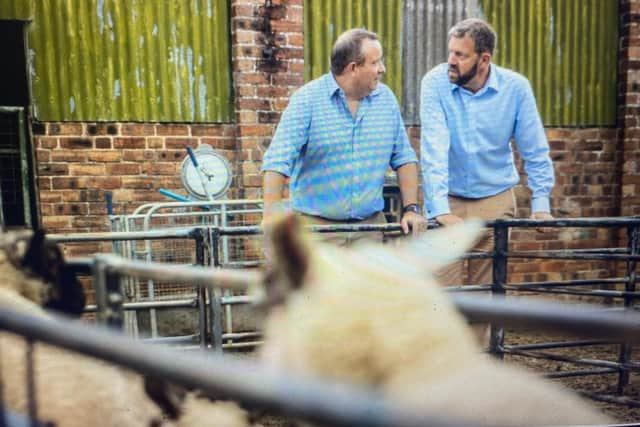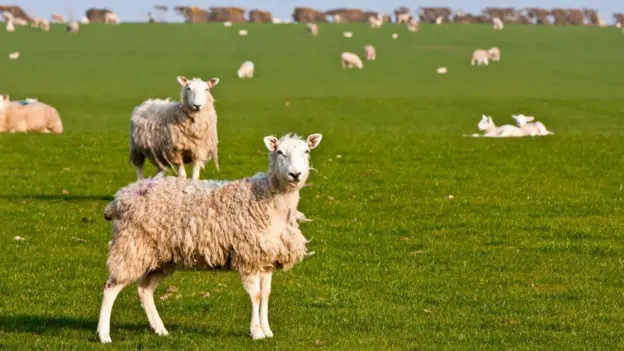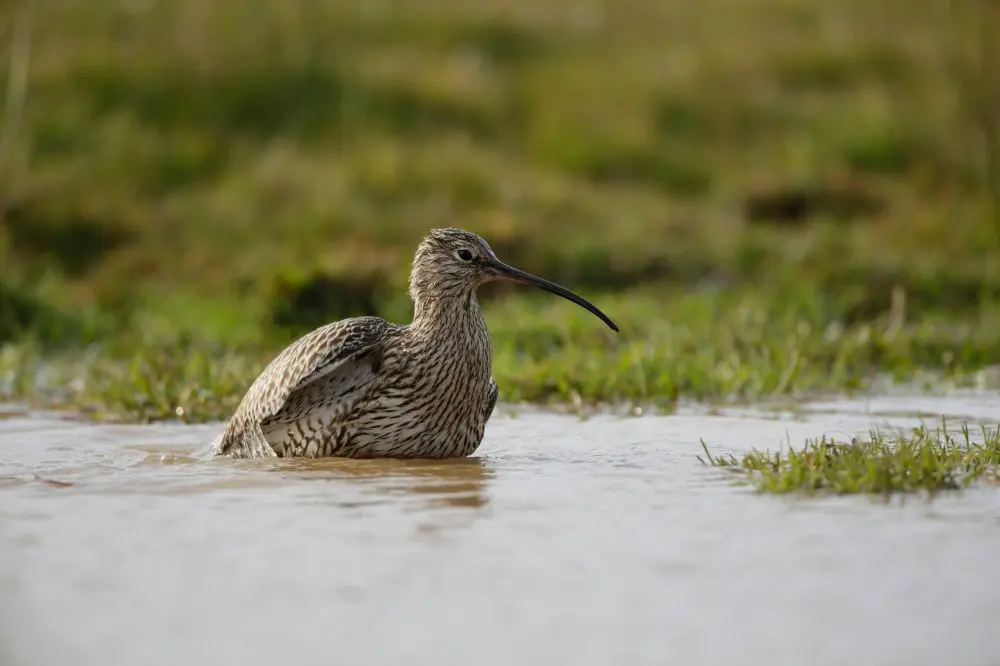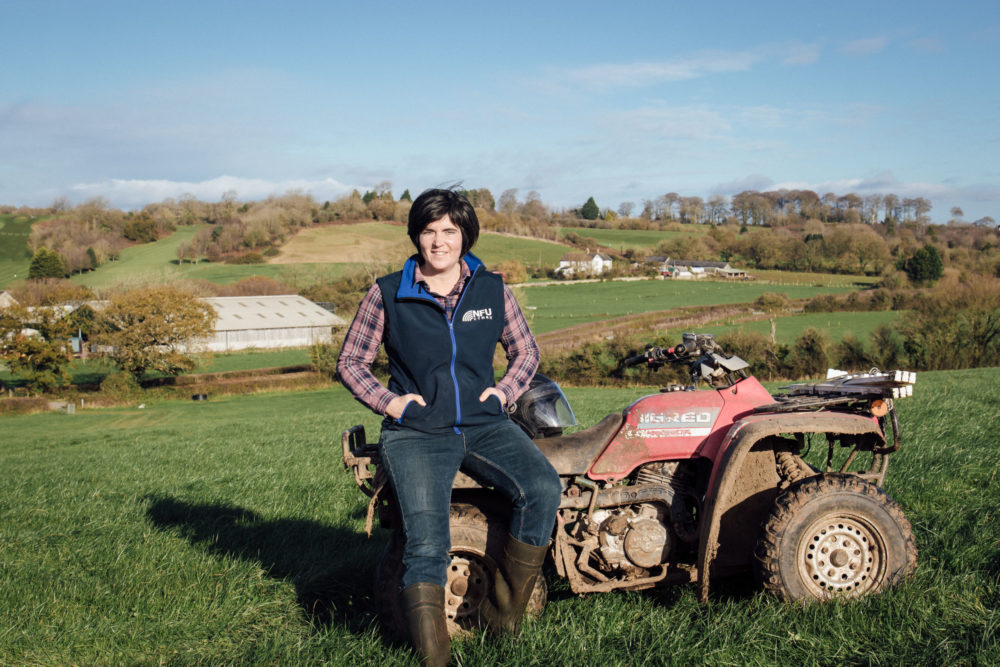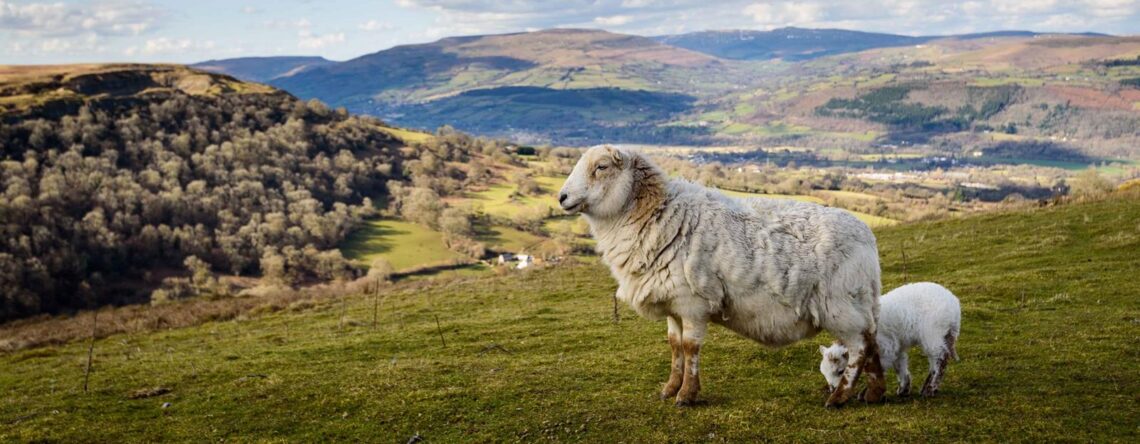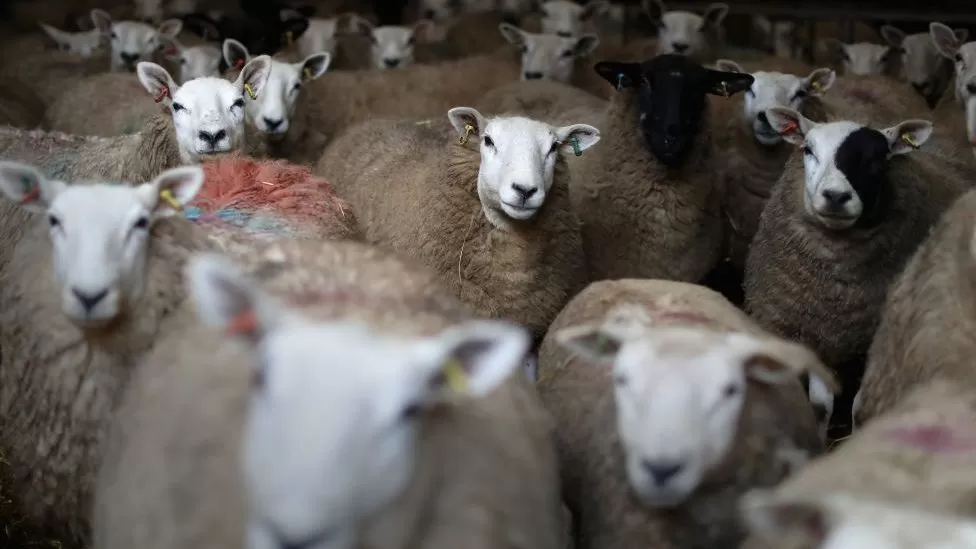-
Upland farmers face huge cut in profit
Upland farmers face huge cut in profit. This is exactly what Earth and Leaf is about - fixing this problem. Of course, the headline Upland farmers face huge cut in profit" implies upland farming is profitable which is an interesting assumption. Let's get these farmers a decent income in return for a sustainable output. Keep farming families on the land, provide employment, reduce environmental damage, reduce carbon emissions and boost woodland and wildlife. By the way, its not just Yorkshire that will be badly affected. This is what our Shepherds of the Trees project aims to do and to do it we have to change hearts and minds.
-
Wales is losing sheep
Sheep have shaped our upland landscape in far greater ways than many of us imagine. Land clearances paved the way for Scottish deforestation. We have an unusually structured sheep farming system. Have a look at this article and then have a look at our links.
-
Why culled deer carcasses in Scotland should be left to rot
Why culled deer carcasses in Scotland should be left to rot, according to experts
-
Transition Farmers to Sustainability
Transition Farmers to Sustainability
-
Farming union hits back after environmentalist predicts demise of Welsh livestock farming
{Earth and Leaf Editorial – Farming union hits back after environmentalist predicts demise of Welsh livestock farming. The problem with Abi’s comments is that it is and must be what people want to be hearing at the moment. We cannot continue to bury our heads in the sand.} {extract below} Demise of Welsh livestock farming The Deputy President of NFU Cymru has rubbished claims by a leading environmentalist that livestock farming in Wales is doomed. Gareth Clubb is the director of WWF Cymru, but he stresses that an article published on his blog is a personal view that has not been endorsed by his employer. In it, he argues that changes in eating habits will lead to the demise of Welsh livestock farming within a few years. He referred specifically to protein molecules produced by precision fermentation – a technique that allows alternatives to meat to be created by tissue from live animals. But Abi Reader of the NFU, a third generation farmer herself who farms near Cardiff, said: “Gareth’s comments have not been…
-
Sustainable Farming Scheme: your questions answered
Sustainable Farming Scheme: your questions answered
-
Farms Face Job Losses Without Net Zero Support
Climate change: Farms face job losses without net zero support
-
The Future of Farm Support in Wales
The Future of Farm Support in Wales
